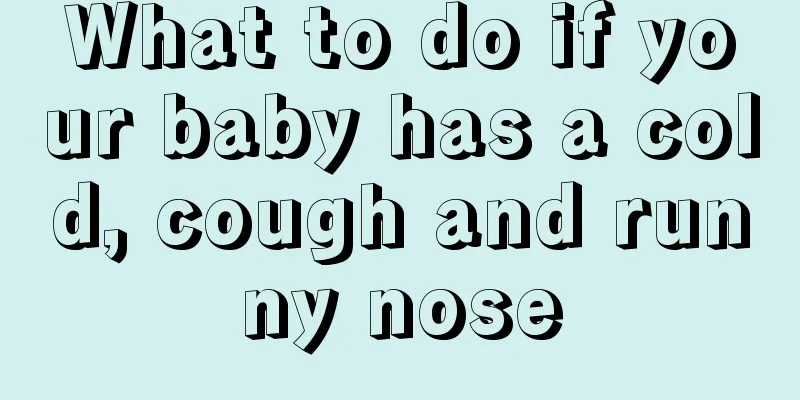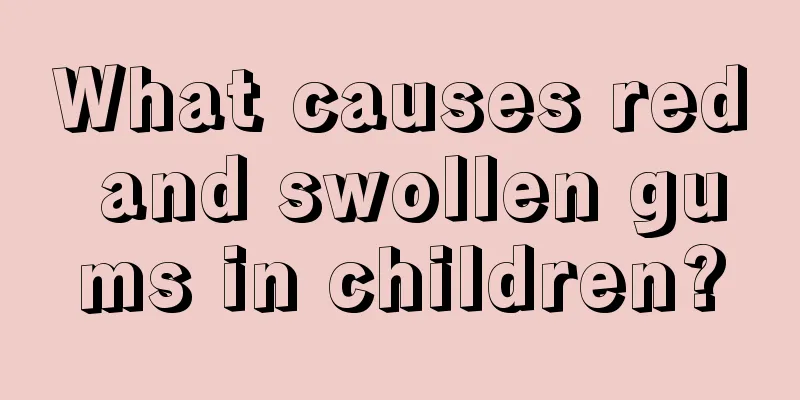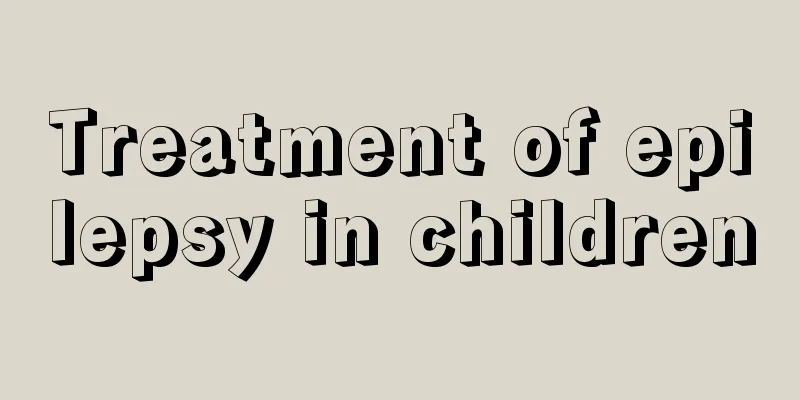What to do if your baby has a cold, cough and runny nose

|
In addition to timely treatment for babies' coughs and runny noses caused by colds, you also need to keep your baby warm and treat the cough in time. If the baby coughs for a long time, it is easy to develop pneumonia. There are many ways to treat baby coughs. If the baby is too young, it is best to use medication under the guidance of a doctor, and you must take good care of the baby at ordinary times. What to do if your baby has a cold, cough and runny nose 1. Daily care: pay attention to the baby's rest and warmth Sick babies should reduce activities, increase rest time, and slightly raise their head and chest when lying in bed to allow for unobstructed breathing. Keep the indoor air fresh, maintain appropriate temperature and humidity, and avoid convection wind. Relieve your baby's runny nose symptoms. 2. Daily care: ensure adequate water and nutrition supply Encourage the sick baby to drink plenty of fluids, and replenish fluids intravenously if necessary. Provide easily digestible, nutritious food, and it is advisable to eat liquid or semi-liquid food during fever. 3. Daily care: keep oral cavity clean Because the baby catches a cold, coughs, and has a lot of thick phlegm. Severe coughing may cause vomiting, so it is necessary to maintain oral hygiene to increase comfort, improve appetite, and promote the excretion of toxins. Babies can be fed an appropriate amount of boiled water after eating to clean their mouths. Older children should rinse their mouths in the morning, after meals, and before going to bed. 4. Daily care: effective expectoration To enable the baby to cough up phlegm effectively, instruct and encourage the child to cough effectively; If the sputum is thick, the humidity in the ward can be appropriately increased, and the indoor temperature should be maintained at around 60% to humidify the air and dilute the secretions; Ultrasonic nebulization inhalation or steam inhalation can also be used; for sick babies who are weak in coughing, it is advisable to change their body positions frequently and pat their backs to make it easier for respiratory secretions to be discharged and promote the dissipation of inflammation; If there is a lot of secretion and it affects breathing, use a suction device to clear the sputum in time and keep the airway open. People with cough and wheezing symptoms can be given oxygen inhalation. 5. Daily care: Proper care of fever symptoms If your baby has a fever, no special treatment is needed if the fever is not high. If the fever is high, physical or drug cooling measures should be taken to prevent convulsions. 6. Daily care: taking medication Take some children's cold medicine as instructed by the doctor. Such as: Xiaoer Cough Syrup, Children's Cold Relief Granules, etc. |
<<: Children with rhinitis and runny nose
>>: Will eating bird's nest cause premature maturity in babies?
Recommend
What causes hard bumps on children's hands?
Children's body resistance is relatively low ...
What should I do if my baby coughs a little while sleeping at night?
Coughing is a very common disease. Coughing can o...
What medicine should my baby take for allergies? Recommended by authoritative experts
If your baby has an allergy, you should find the ...
What are the reasons why babies cry before going to sleep?
It is very common for babies to cry before going ...
What is the best thing for a child to eat after vomiting?
The physical health of children is one of the thi...
What should I use on my baby's prickly heat?
In the hot summer, babies sweat a lot due to exer...
Treatment measures for eczema in one month old baby
We all know that newborn babies are weak and pron...
What to do if a child has mumps?
Many parents and friends will encounter the probl...
What to eat to enhance the baby's resistance
Once people get married and have children, they w...
What to do if teeth grow backwards
During the process of tooth growth, we often enco...
How to treat abdominal distension and diarrhea in children?
Diarrhea, commonly known as loose stools, is some...
What to do if your child doesn't like to grow taller
Nowadays, most families have only one child, so t...
Why is the child's urine white?
How unimportant children are in people’s eyes now...
What is the cause of astigmatism in children?
Most people with myopia also have astigmatism bec...
At what age can a child speak clearly
When babies are born, they can only cry. When the...









